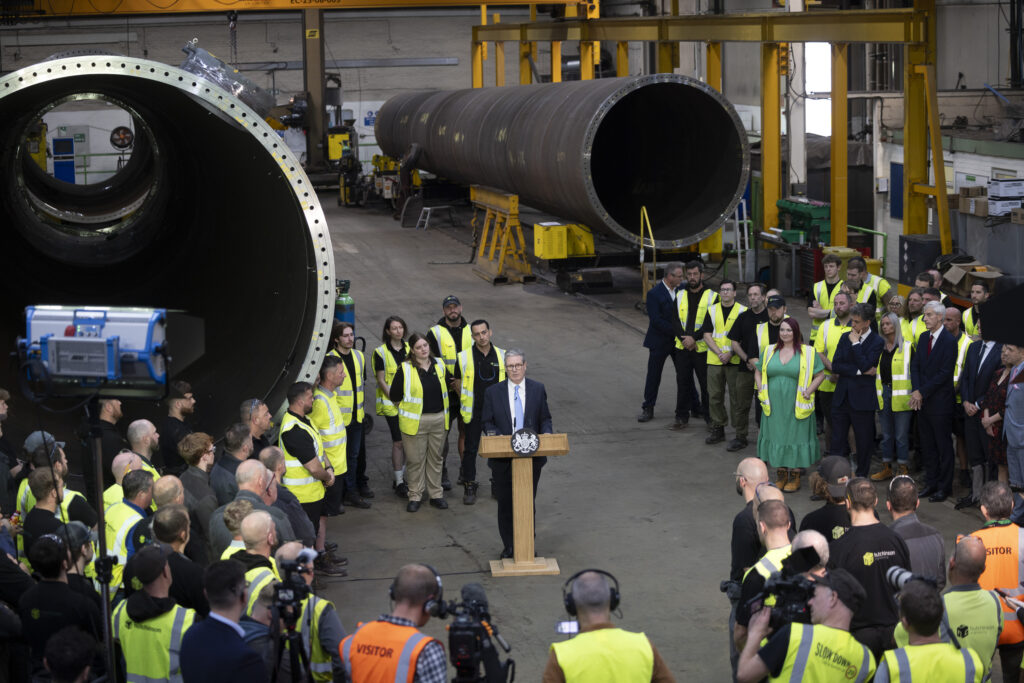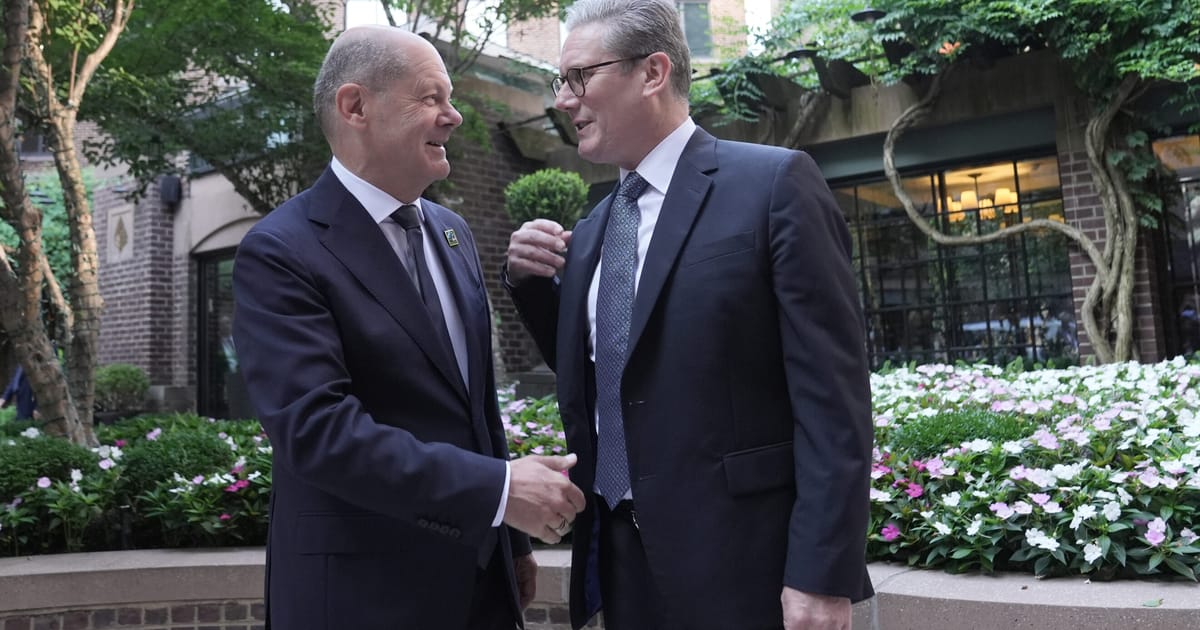But Berger and other EU diplomats have been keen to stress the significant differences between EU proposals on the matter — which are about making it easier for certain people to get conditional time-limited visas — and a return to freedom of movement.
“Regrettably, there was some misunderstanding about the proposal of the EU Commission to open negotiations with the U.K. which went to the member states,” the ambassador said.
“And there was, I think, the misunderstanding that this could be interpreted like a kind of [free movement] for young people through the backdoor, which is definitely not the intention — I want to make that very clear.
“I think that’s very important that people understand this has nothing to do with the migration dossier, because people come here to study, work, do internships, whatever, and then they would leave. So this is not about migration.”
 The new British prime minister wants tighter economic ties in areas like agriculture, chemicals, and professional qualifications. | Pool Photo by James Glossop via Getty Images
The new British prime minister wants tighter economic ties in areas like agriculture, chemicals, and professional qualifications. | Pool Photo by James Glossop via Getty Images
Mobility remains “very important, not only to Germany but to all 27” as a component of a new Brexit settlement, he said.
“That would include a youth mobility scheme. It would include the Erasmus program, school trips, youth exchanges, the question of visa costs, which are more than 10 times higher to come to the U.K. than the other way around. So I would say there are many, many things which affect the day-to-day mobility, especially for young people, and I would really like to see some progress there.”
